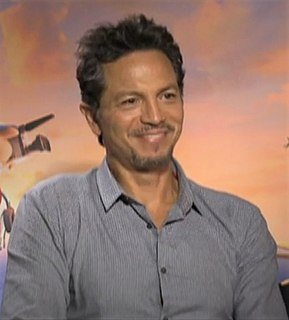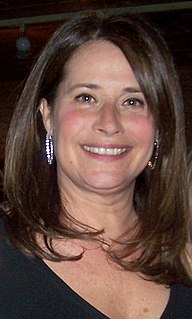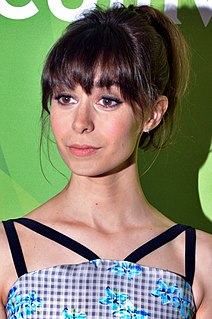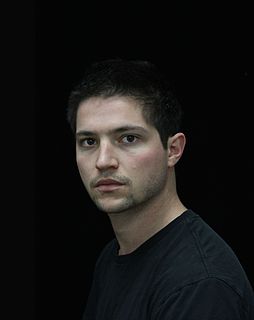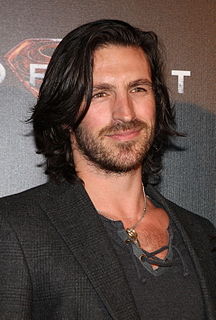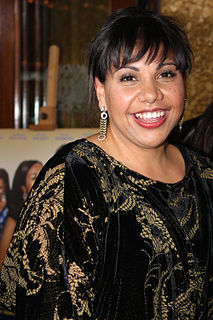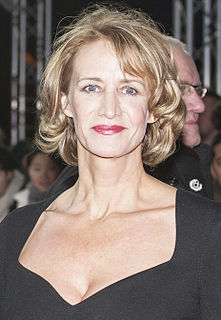A Quote by Benjamin Bratt
I think film and television actually is a lot harder. Acting onstage is physically more arduous, but to get to emotional truth within a scene, it's much tougher to do it on film.
Related Quotes
Film and television are very different. On the TV show, we do seven or eight scenes a day, so time and money are of the essence, and we have zero room for creativity because you've got to do each scene in only five takes. Whereas, on a film, you have an entire day to film one scene, so you have so much time to choose how you want to fill in a scene.
It's interesting to me because theater is, on any given day, 10,000 times harder than film and television. And that's not to say film or television can't be hard or challenging; it's emotional to do the same thing over and over and over. But in terms of stamina, there is nothing like an eight-show week to separate the men from the boys.
I'm ready for all forms of dialogue about the film The Conquest. There will be a lot of political talk, but I don't think the film itself will be scandalous. For the French, there are so many emotions relating to Sarkozy and politicians in general that I think the film will generate a lot of passion, whether it be negative or positive. Above all, it's a fictional film. It was important not to make a documentary and to really pay attention to the images. From the choice of the actors to the mise en scene, the film is completely cinematographic. It's not just a boring political movie.
The Australian film industry is a small industry, so you have to really be flexible within working in different mediums. A lot of actors work in theater, film, and television, because there's not much opportunity in terms of employment there. So you do have to be resourceful and be able to flex your muscles artistically.
